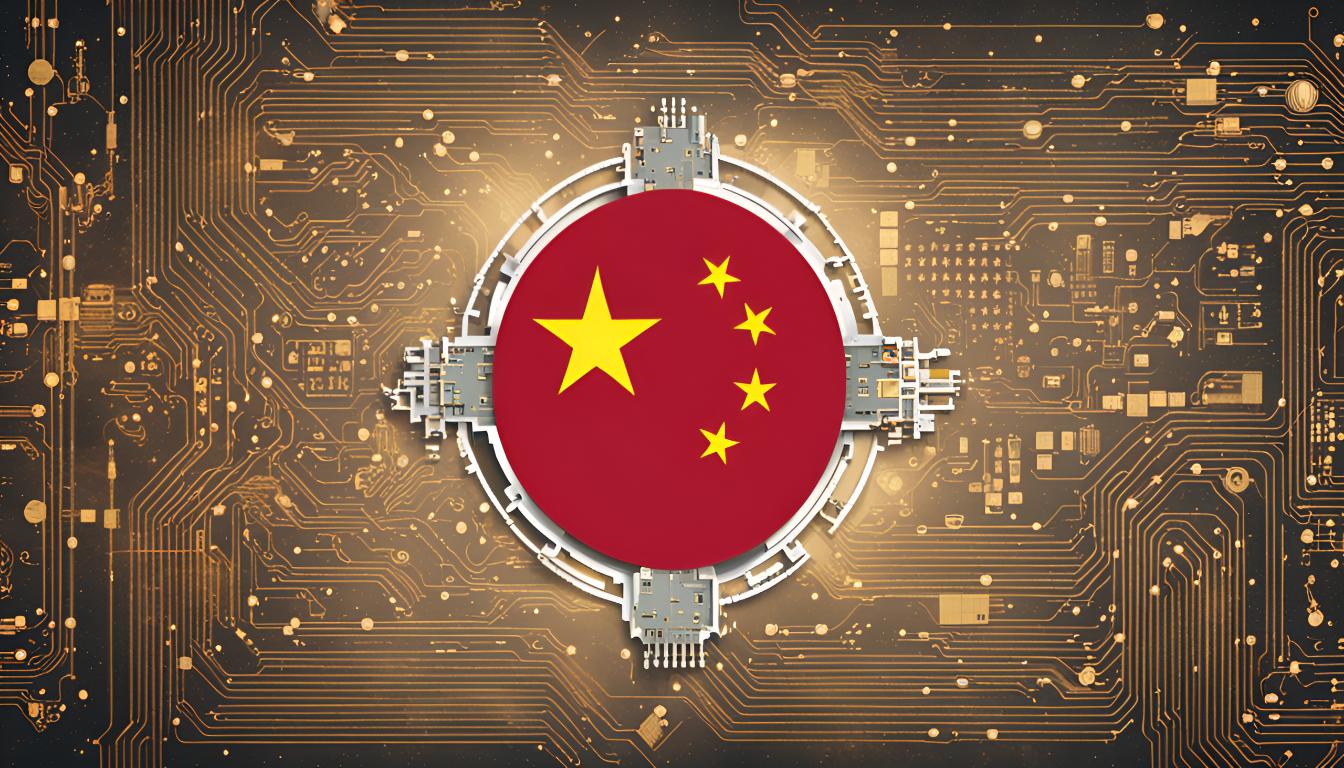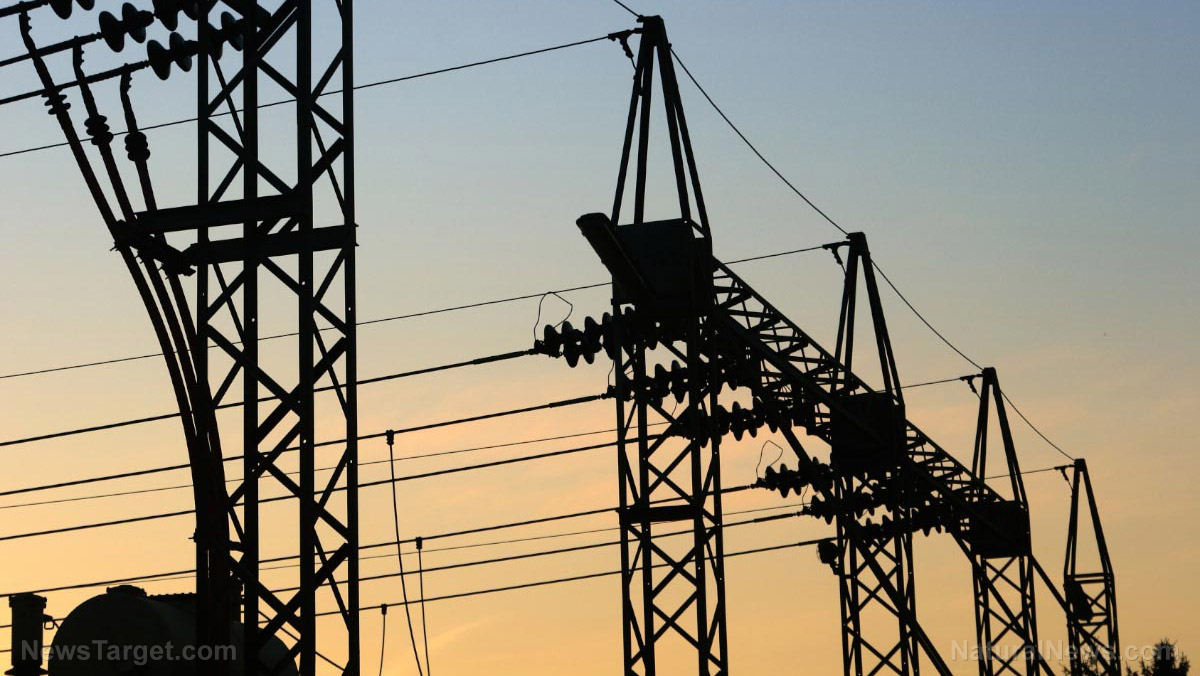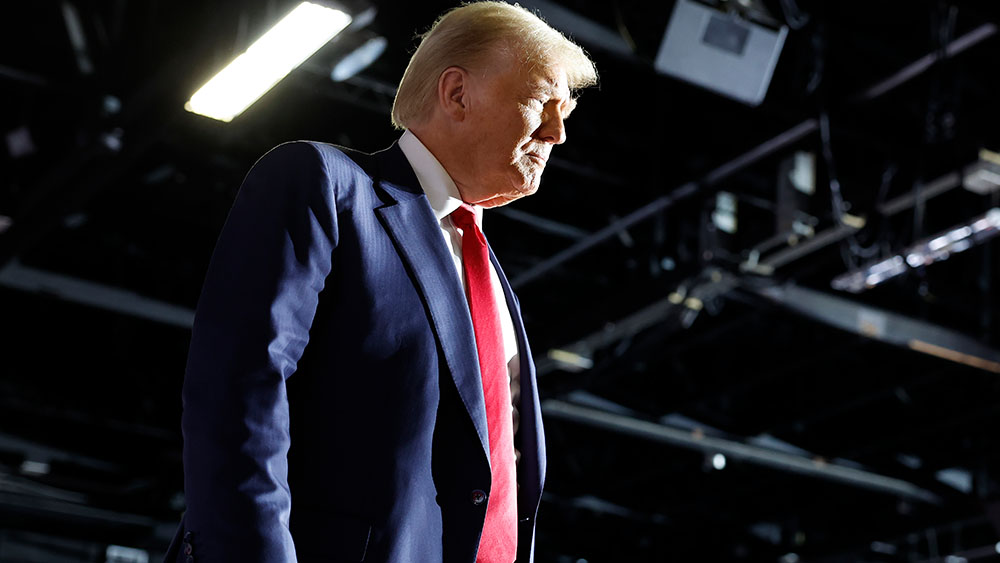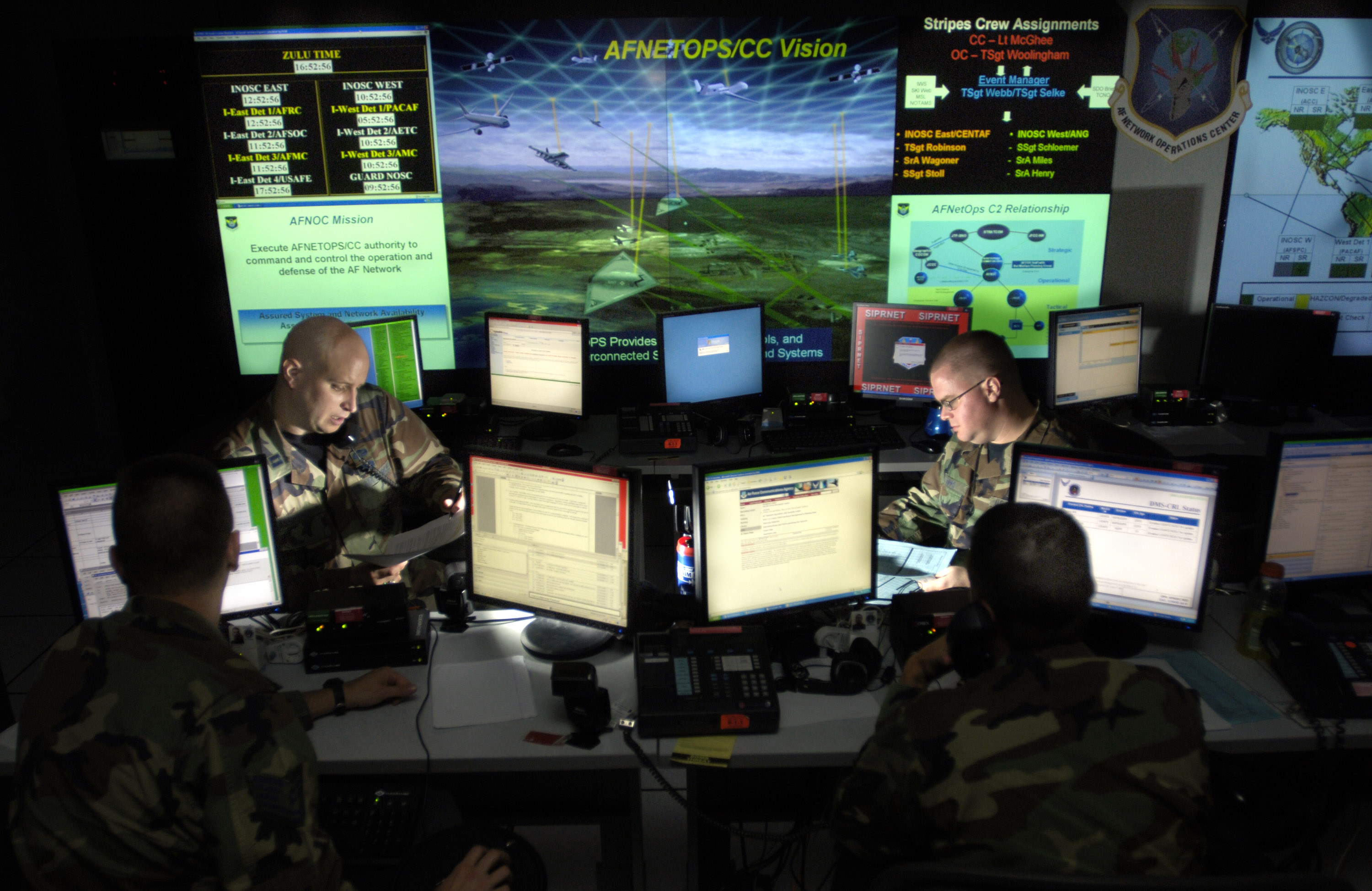Chinese ESPIONAGE? China’s DeepSeek may have exploited Singapore to obtain Nvidia chips
02/05/2025 / By Willow Tohi

- The Chinese AI startup DeepSeek has developed an advanced chatbot, R1, that rivals U.S.-based AI models, raising concerns about China’s rapid advancement in AI technology and potential use of Western tools.
- U.S. officials are investigating whether DeepSeek used intermediaries in Singapore to acquire Nvidia’s H800 chips, which were banned from export to China in October 2023. These chips are critical for training advanced AI models.
- Singapore, a major trade and technology hub, is suspected of being used as a loophole to bypass U.S. export restrictions. U.S. lawmakers are urging for stricter licensing requirements for countries like Singapore to prevent misuse.
- This case highlights a broader pattern of China circumventing U.S. export controls. The U.S. has tightened rules, but the complexity of global supply chains and the ingenuity of determined actors continue to pose challenges.
The United States has long sought to curb China’s access to advanced semiconductor technology, fearing its potential military applications and the erosion of America’s technological edge. Yet, as the Biden administration tightens export controls, a new investigation suggests that Chinese AI startup DeepSeek may have found a backdoor through Singapore to acquire restricted Nvidia chips. This revelation raises urgent questions about the effectiveness of U.S. trade restrictions and the lengths to which China will go to secure the tools it needs to dominate the global AI race.
The DeepSeek breakthrough: A wake-up call for U.S. policymakers
DeepSeek, a Hangzhou-based AI firm, recently unveiled its R1 chatbot, a tool that has stunned industry experts with its ability to rival U.S.-developed AI models like those from OpenAI. The R1’s capabilities suggest that China is advancing faster in AI than previously thought, prompting concerns that it may have leveraged Western technology to achieve this breakthrough.
According to sources familiar with the matter, U.S. officials are now investigating whether DeepSeek used intermediaries in Singapore to purchase Nvidia’s H800 chips, which were banned from export to China in October 2023. These chips, designed specifically for the Chinese market after earlier restrictions, are critical for training advanced AI models.
Howard Lutnick, President Donald Trump’s nominee to lead the Commerce Department, minced no words during his confirmation hearing: “Nvidia’s chips, which they bought tons of, and they found their ways around it, drive their DeepSeek model. It’s got to end. If they are going to compete with us, let them compete, but stop using our tools to compete with us. So I’m going to be very strong on that.”
Singapore: A strategic loophole?
Singapore, a global hub for trade and technology, has emerged as a focal point in this investigation. The city-state accounts for approximately 20% of Nvidia’s revenue, according to regulatory filings. However, Nvidia has clarified that most shipments billed to Singapore are destined for other locations, primarily the U.S. and Western markets.
“Our public filings report ‘bill to’ not ‘ship to’ locations of our customers,” an Nvidia spokesperson said. “Many of our customers have business entities in Singapore and use those entities for products destined for the U.S. and the West.”
Despite this explanation, U.S. lawmakers remain skeptical. Representatives John Moolenaar and Raja Krishnamoorthi, the top Republican and Democrat on the House Select Committee on the Chinese Communist Party, wrote to National Security Advisor Mike Waltz, urging stricter licensing requirements for countries like Singapore. “Countries like Singapore should be subject to strict licensing requirements absent a willingness to crack down” on shipments to China, they warned.
A history of evasion and escalation
This is not the first time China has been accused of circumventing U.S. export controls. In 2023, the Biden administration expanded restrictions to over 40 countries, including much of the Middle East and Southeast Asia, to prevent them from serving as intermediaries for chip shipments to China. Notably, Singapore was excluded from these measures.
The U.S. has since tightened the rules further, requiring licenses for large shipments to most countries, including Singapore. However, shipments of fewer than 1,700 processors only require notification, leaving room for potential exploitation.
The stakes are high. Nvidia’s chips are the backbone of modern AI development, and their misuse could accelerate China’s military and technological ambitions. The H800 chips, which DeepSeek researchers claim were used to train their V3 model, are a prime example. These chips were specifically designed for China after earlier restrictions but were later banned, prompting Nvidia to develop the less-capable H20 for the Chinese market.
Now, Trump administration officials are reportedly considering whether to restrict the H20 as well, continuing a policy debate that began under Biden.
What this means for the future
The DeepSeek investigation underscores the challenges of enforcing export controls in a globalized economy. While the U.S. has taken significant steps to limit China’s access to critical technology, the sheer complexity of international supply chains and the ingenuity of determined actors make enforcement a daunting task.
For American policymakers, the lesson is clear: export controls must be both comprehensive and adaptable. As China continues to push the boundaries of AI development, the U.S. cannot afford to leave loopholes unaddressed.
For the rest of the world, this saga serves as a reminder of the high-stakes competition shaping the future of technology. The race for AI supremacy is not just about innovation—it’s about power, security and the rules that will govern the 21st century.
Sources include:
Submit a correction >>
Tagged Under:
AI, breakthrough, chinese espionage, communist China, conspiracy, corruption, deception, DeepSeek, future tech, Glitch, globalism, Spygate
This article may contain statements that reflect the opinion of the author
RECENT NEWS & ARTICLES
COPYRIGHT © 2017 FUTURETECH.NEWS
All content posted on this site is protected under Free Speech. FutureTech.news is not responsible for content written by contributing authors. The information on this site is provided for educational and entertainment purposes only. It is not intended as a substitute for professional advice of any kind. FutureTech.news assumes no responsibility for the use or misuse of this material. All trademarks, registered trademarks and service marks mentioned on this site are the property of their respective owners.

















